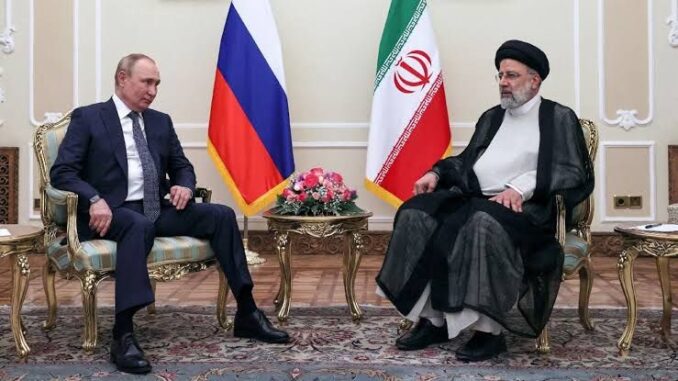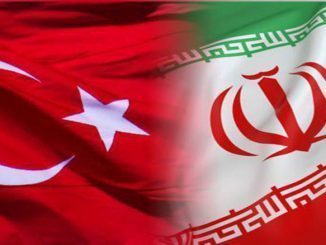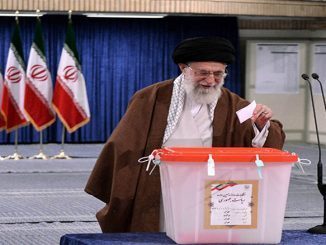
Russian President Vladimir Putin and his Iranian counterpart Ebrahim Raisi on Wednesday oversaw, via video-link, the signing of a deal to finance and build an Iranian railway line as part of an embryonic international North-South Transport Corridor.
The Rasht-Astara railway is seen as an important link in the corridor, intended to connect India, Iran, Russia, Azerbaijan and other countries via railways and sea – a route that Russia says can rival the Suez Canal as a major global trade route.
“The unique North-South transport artery, of which the Rasht-Astara railway will become a part, will help to significantly diversify global traffic flows,” Putin said.
He also said the 162 km (100 mile) railway along the Caspian Sea coast would help to connect Russian ports on the Baltic Sea with Iranian ports in the Indian Ocean and the Gulf.
“Without a doubt, this agreement is an important and strategic step in the direction of cooperation between Tehran and Moscow,” Raisi said.
Russia and Iran have been pushed to strengthen their political and economic ties by Western economic sanctions on each, which both say are unjustified.
Since the 1979 Islamic Revolution that swept U.S.-backed Shah Mohammad Reza Pahlavi from power, Iran has been ostracised by the West and its economy crippled by a myriad of sanctions. It holds around a quarter of the Middle East’s oil reserves.
The West also imposed other set of restrictions over Iran’s nuclear program, while Russia was sanctioned due to its actions in Ukraine.
Russian fuel exports to Iran
In April, a report by Reuters revealed that Russia delivered its first fuel exports to Iran by rail, citing three industry sources.
This comes as both countries look to strengthen relations in an effort to bypass Western sanctions.
Iran received 30,000 tons of diesel and gasoline from Russia in February and March by rail via Kazakhstan and Turkmenistan, two of the sources said. While a third source confirmed the shipment but was unable to specify the volume of the sale. The report also noted that some gasoline deliveries entered Iran by track from neighboring Iraq.
“We expect fuel supplies to Iran to rise this year, but we already see several issues with logistics due to rail congestion. That may keep exports from booming,” one of the sources was quoted as saying.
In October last year, Russian Deputy Prime Minister Alexander Novak said that Moscow and Iran had reached an agreement to swap oil and natural gas supplies worth $40 billion. Since then, the two countries have been negotiating the deal’s routes and technical details.
Moscow has previously supplied the Islamic Republic with small volumes of fuel by oil tanker across the Caspian Sea, despite the country being an oil producer itself it has recently faced fuel shortages. However, rising freight costs and a price cap imposed by G7 nations on Russian seaborne crude have forced the country to resort to rail transport for oil exports as an alternative.
Al-Mayadeen reports that as poor train connections may be a barrier to future development, the two countries are now looking into possible infrastructure improvements to assist in enhanced economic cooperation.



